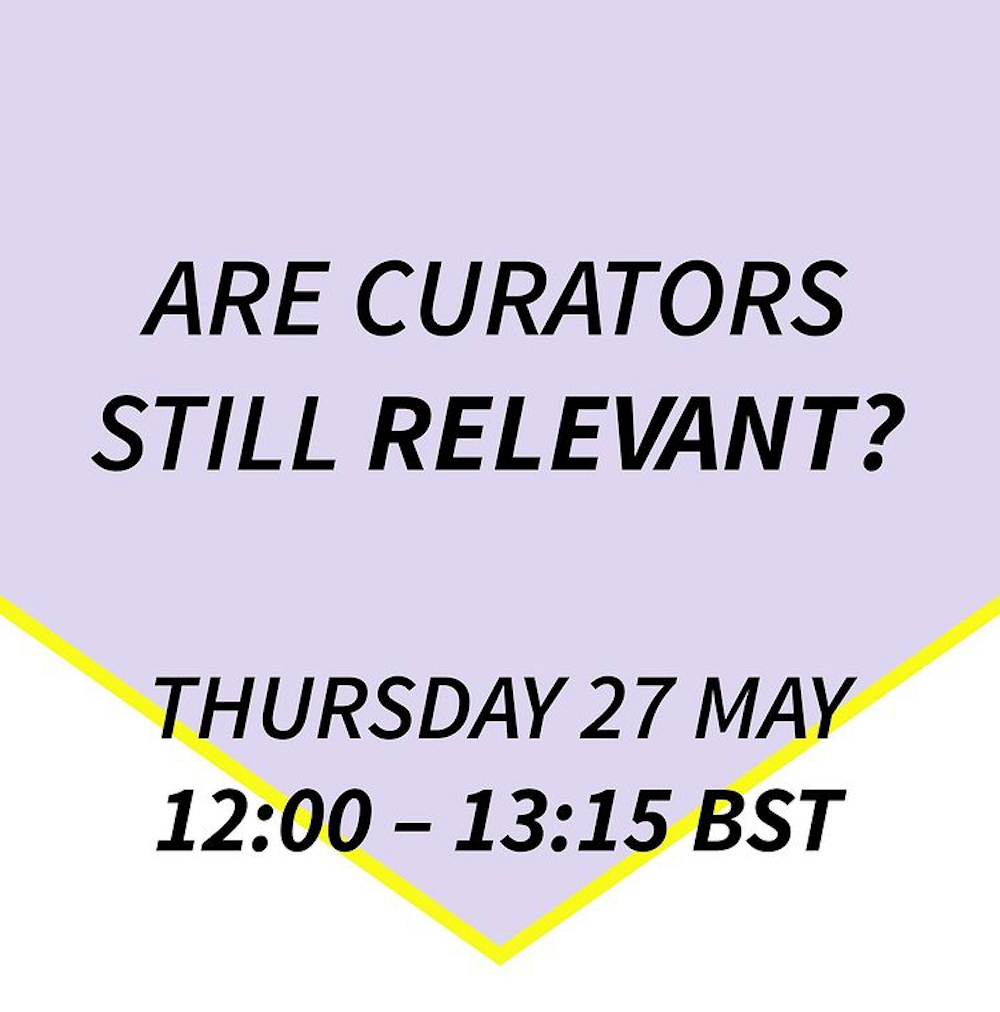Are curators still relevant?
Join us for Are curators still relevant? the third of a series of events as part of Assembly, an online learning and development programme for curators, producers and public art practitioners that explore issues and good practice in relation to the expanded field of public art.
In a field where activism, community involvement and participation play an increasingly important role in the way projects are developed, do curators need to rethink their roles?
If we consider the expanded field of public art (including performance, experimental writing, and digital projects), are curators equipped with the tools to do their job imaginatively and practically? How is the burgeoning growth of curating courses affecting the sector?
This event will be made up of five short presentations by invited curators, who will reflect on how their role has changed, and how they foresee it changing in future years.
Are curators still relevant? is chaired by Jes Fernie, independent curator and writer. Speakers include Laurie Peake, Director: Super Slow Way; Kiera Blakey, Head of Exhibitions: Nottingham Contemporary; Bolanle Tajudeen, Independent curator and art adviser; Rachel Anderson, caretaker: Idle Women and Cedar Lewisohn, Curator, Site Design: Southbank Centre.
All Assembly events will take place in The Hall, UP Projects’ digital participation space. Sign up for free to book a space by following the link.
Assembly has been developed by UP Projects in collaboration with Public Art Network UK (PAN) and is generously supported by The Art Fund. The programme has been put together by Jes Fernie, Elisabeth Del Prete, Theresa Bergne and Emma Underhill.




